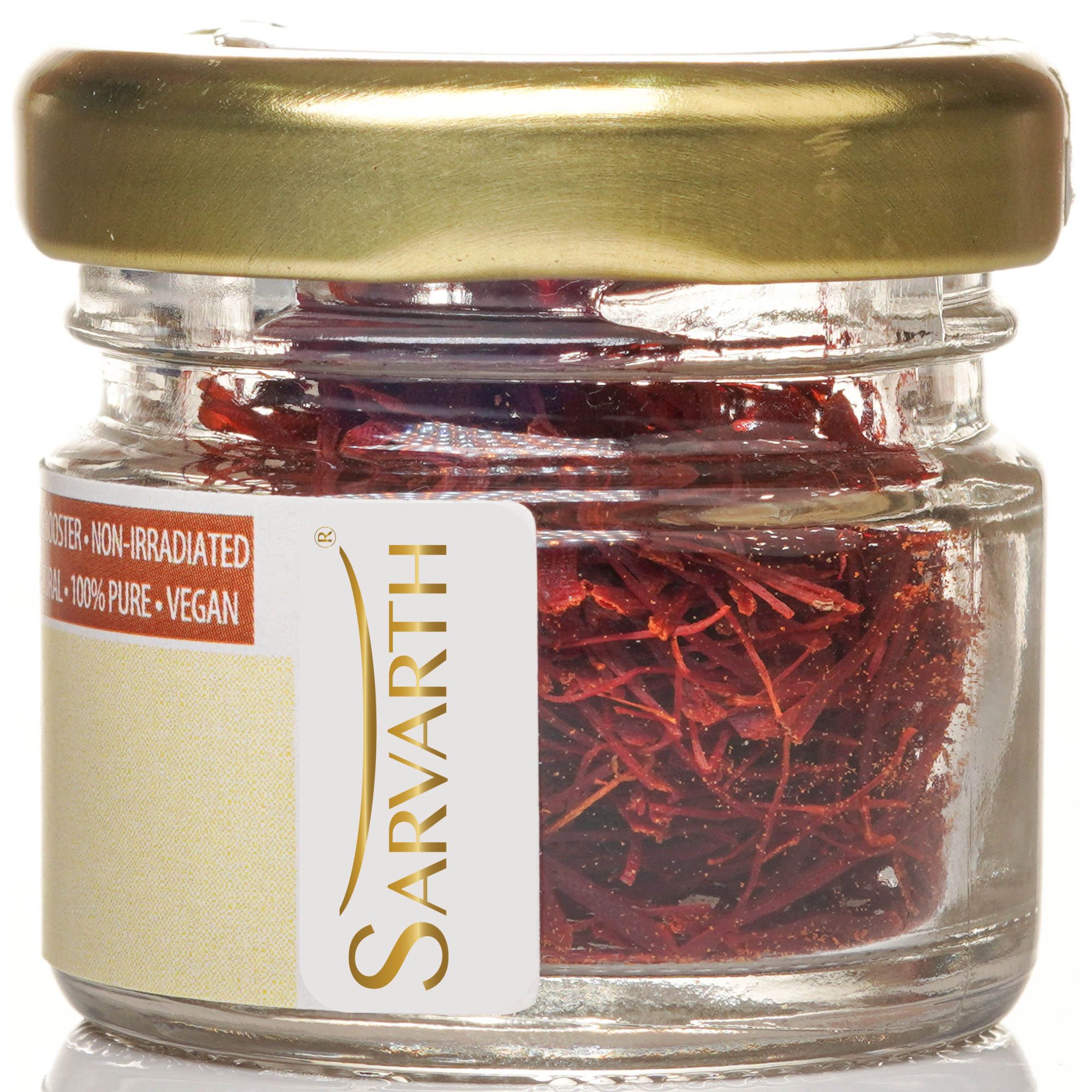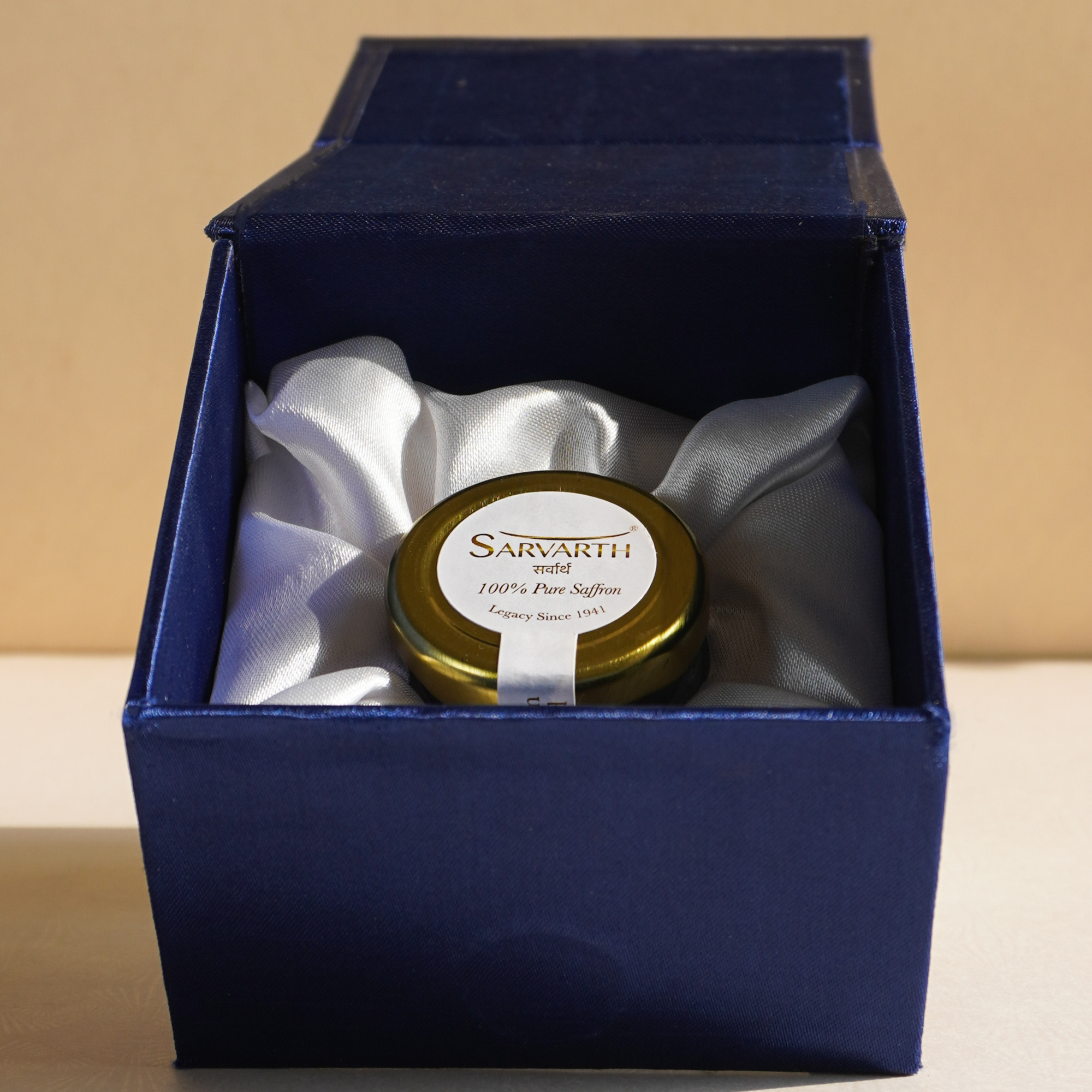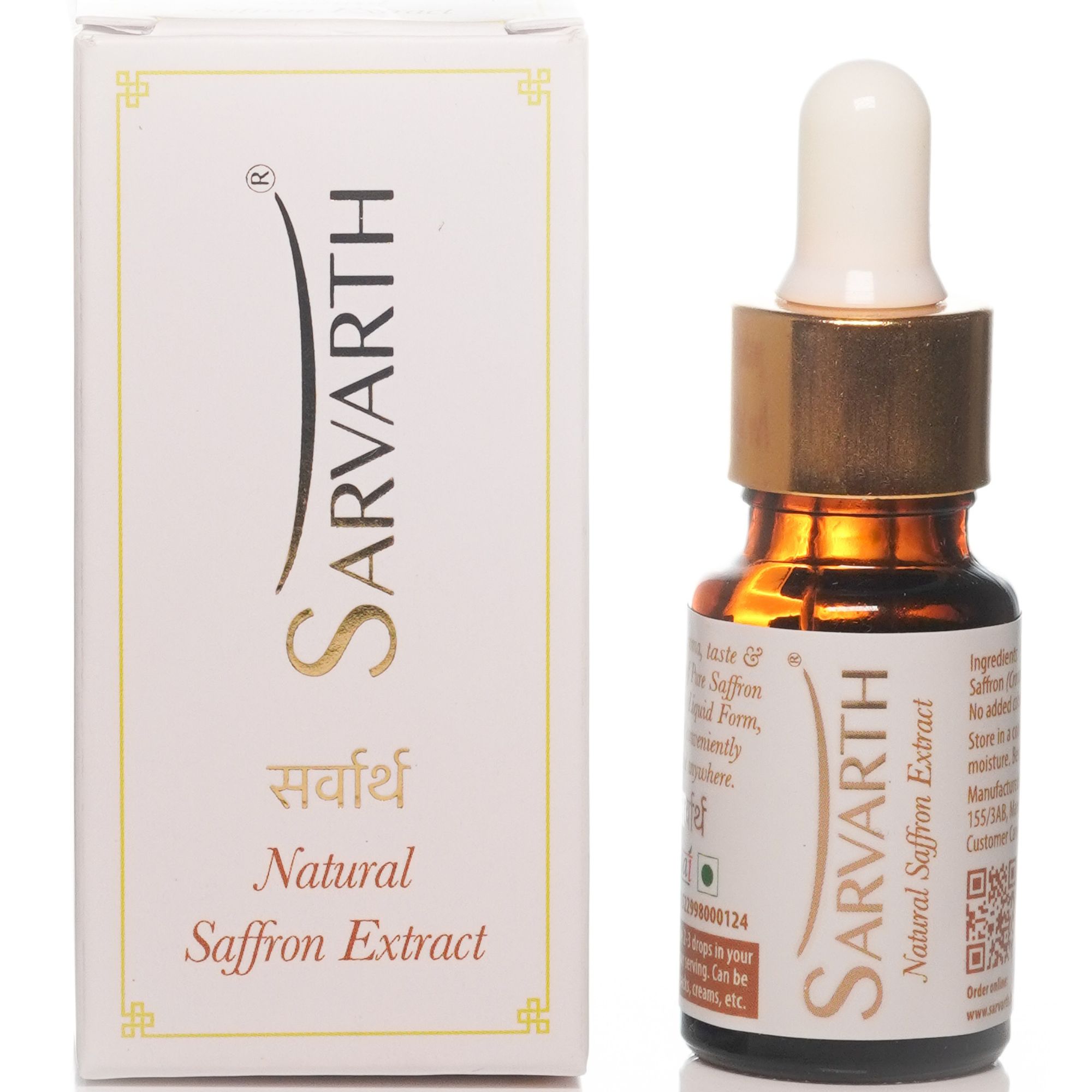The Benefits and Considerations of Saffron during Pregnancy
Saffron also known as Kesar, the Golden spice of India is famous for it’s vibrant shades of red and orange. Saffron is obtained from the stigmas of Crocus Sativus flower and saffron is one of the most expensive spices known to man. This spice has been in the use by generations for culinary, beauty and medicinal purposes. Saffron is also a lot beneficial for women during pregnancy cycle. In the course of this article, the possible advantages and risks of saffron consumption for pregnant women will be discussed.
Possible Advantages of Saffron for Pregnancy
1. Antibacterial effects- Pregnant women are known to spend most of the time feeling nauseous. Another familiar problem is morning sickness. Other journals argue that saffron effectively prevents nausea and vomiting. This one is a natural cure for pregnant female.
2. Mood Enhancement – Pregnancy is just as an emotional cause with many mood swings, and lots of stress. Turmeric on the other hand is very famous for having mood boosting compounds. For most of the complications, it is always good to look for natural solutions when pregnant. Other studies show that saffron has constituents to cure ailments associated with depression and anxiety, and recycle sterotin.
3. Digestive Health – Saffron contains anti-inflammatory as well as antioxidant contents that foster digestion. As for Gastrointestinal complaints they are quite typical in pregnant woman and they include bloating, constipation and indigestion. Such problems are resolved by saffron. That is why it was used traditionally for digestion; several trials also show that ginger improves digestion and decreases gastrointestinal inflammation that should provide some relief to expectant mums.
4. Antioxidant Content – Saffron plays a role of an antioxidant by containing features like crocin and safranal. These compound assist in preventing oxidation stress that probably results in cell damage and inflammation. Antioxidants are useful for people’s health and can be used by both pregnant woman and fetus in order to prevent damages caused by oxidizing agents.
Important Considerations When Using Saffron During Pregnancy
1. Moderation is Key – While saffron is known to have various benefits, it must be consumed in moderation. Excessive use can cause adverse side effects. Over consumption causes uterine contractions, which might pose risks during pregnancy. It is recommended to use a limited amount of saffron threads per day.
2. Consult Healthcare Providers – During pregnancy, it is recommended to consult the healthcare providers before consuming saffron. They can provide personalized advice based on the health conditions. The health care provider ensures that you have a considerate amount of saffron.
3. Quality and Purity – If you are a pregnant woman taking saffron you have to make sure that the saffron you are using is pure and of good quality. Unadulterated and fresh saffron to you would be most useful. Potential threats and if consumed, hazards are the risks that are associated with consuming adulterated saffron. To be effective and safe for use, people are advised to buy saffron from reputable shops There are several ways that can be employed when buying saffron so as to avoid fake products.
4. Possible Allergic Reactions – Even though it’s rare, there are cases where people can be allergic to saffron. In case you decide to use saffron, keep an eye on any changes in your skin and look for symptoms of an allergic reaction such as, rash, itching or an allergic swelling. In the event of the emergence of negative reactions, it is recommended to use the product and consult a doctor.
Conclusion
Saffron has the following therapeutic effects; Mental health- Easing of PMS symptoms, depression, and sexual desire; Gastrointestinal Health- improving digestion; Antioxidant and Antinemetic properties- combating nausea and vomiting. But it has to be taken in moderation. Ensure it’s use and quality and purity, while not using too much in order to reap the maximum benefits. In this way, people and pregnant individuals in particular, will be able to evaluate if they should put saffron into a category of useful supplements to take or consult a doctor before taking it. Marcie says, like any other supplement or food that is taken during pregnancy, consulting a doctor is critical in order to avoid complications for both the mother and the unborn baby.
FAQ’s
1. Is saffron safe to use during pregnancy?
The use of Saffron if done in moderation is ok. But, the side effects at higher doses include uterine contractions. However, pregnant women are advised to seek their doctor’s consent before using saffron supplements as food additive.
2. What are the potential benefits of saffron for pregnant women?
Saffron helps to improve mood, digestion, provide antioxidant protection, and potentially reduce nausea.
3. How much saffron is considered safe during pregnancy?
In general, it is comparable to ingesting a small number of threads, for instance just a few threads daily. Do not consume too much of it, and speak with your doctor for more information.
4. Can saffron help with morning sickness?
According to some studies, it was found that saffron may help in prevention of nausea and vomiting, that make it useful in treatment of morning sickness.
5. Are there any risks associated with saffron during pregnancy?
Potential side effects of saffron include facts such as uterine contractions or even allergies which can be caused by high doses of saffron. Saffron should also be consumed in small amounts and one should consult a health care professional before introduction of saffron into the diet.
6. How should I choose saffron to ensure its quality and safety?
Purchase saffron from reputable sources to ensure its purity and avoid adulterants. High-quality saffron should be bright red and have a strong, distinctive aroma.
7. Can saffron cause allergic reactions?
Although rare, some individuals may experience allergic reactions to saffron. Watch for symptoms such as rash, itching, or swelling, and discontinue use if any adverse reactions occur.
8. What other natural remedies can help with mood and digestion during pregnancy?
Some other natural cures in common usage are ginger for vomiting, fiber for bowel movement, use of yoga, meditation and the likes for uplifting mood. Any new remedies should also be discussed with a medical practitioner.
9. Can I take saffron supplements, or should I use it in cooking?
The use of saffron in food is considered safer than supplement form because it allows the consumer to best judge the amount taken. However, if one is thinking of supplements then it is advisable that this be under the guidance of the doctors.
10. What should I do if I experience any side effects from saffron?
If you have any kind of adverse reaction to saffron for instance stomach upsets or rashes be sure to discontinue the use and seek medical help from your doctor, you will also be advised on other natural supplements to use.










